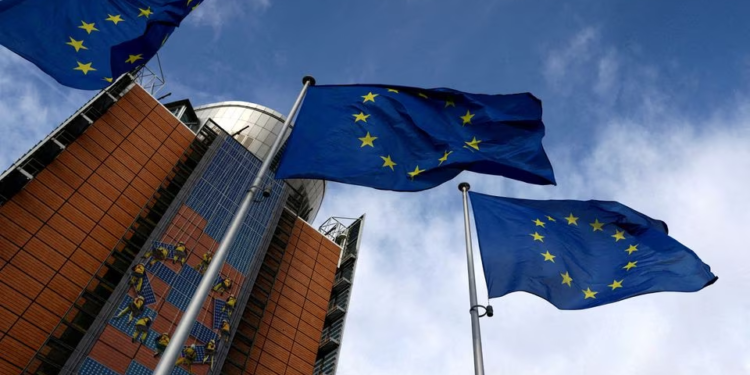Under newly announced European Commission rules, the measures represent the EU’s latest effort to reduce reliance on US and Chinese products and technologies. Its planned Net-Zero Industry Act would expedite licences for green projects. In addition, a Key Raw Materials Act released publicly on March 14 would increase recycling and diversify sources.
Amends the scope of measures to make programmes to encourage renewable energy, energy storage, and decarbonization of industrial production processes easier to develop and more effective by:
- Simplifying the criteria for assisting with small projects and less mature technologies, such as renewable hydrogen, by removing the requirement for a competitive bidding process, subject to certain safeguards.
- Increasing the availability of financial assistance for deploying all sorts of renewable energy sources.
- Increasing the support options for decarbonizing industrial processes by transitioning to hydrogen-derived fuels.
- Increasing aid ceilings and simplifying aid calculations. Introduces new measures, effective until December 31, 2025, to further accelerate investments in key sectors for the transition to a net-zero economy, including investment support for the manufacturing of strategic equipment, such as batteries, solar panels, wind turbines, heat pumps, electrolysers, and carbon capture usage and storage, as well as key component production and recycling.
Furthermore, under newly announced European Commission guidelines, EU businesses can get as much government funding as from a US green energy subsidy package.
The rules target investments in renewable energy, decarbonising industry, hydrogen or zero-emission vehicles to counter the pull of the US Inflation Reduction Act (IRA), a $369 billion programme of green subsidies, including tax credits.
“State aid rules, and in particular the Temporary Crisis Framework, have helped Member States cushion the impact of the current crisis in Europe. The Framework that we have adopted today gives Member States the option to give State aid in a fast, clear and predictable way. Our rules enable Member States to accelerate net-zero investments at this critical moment, while protecting the level playing field in the Single Market and cohesion objectives. The new rules are proportionate, targeted and temporary.”
Margrethe Vestager, Executive Vice-President in charge of competition policy






